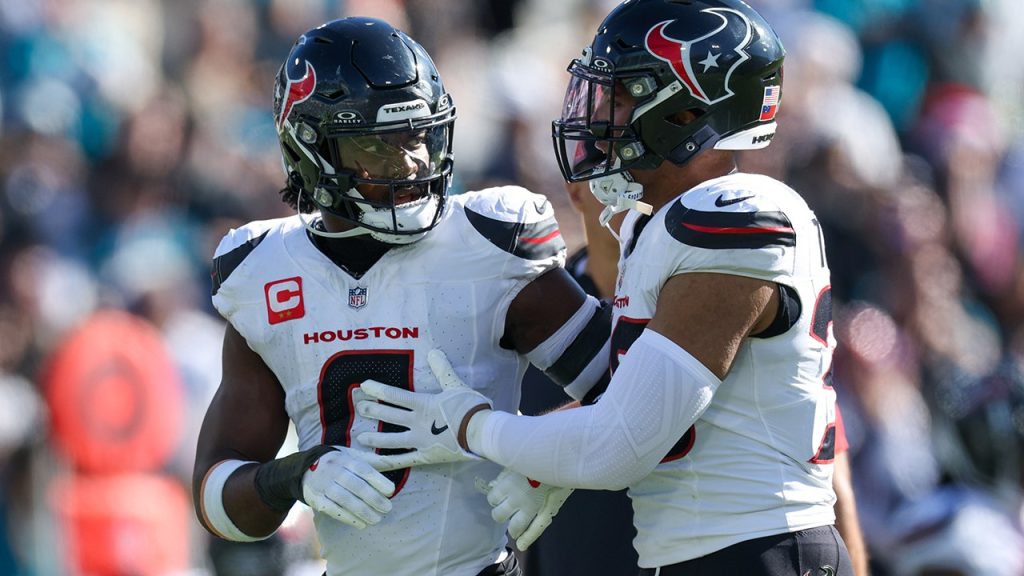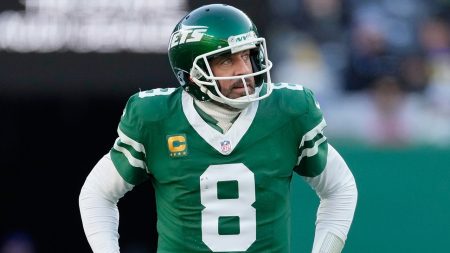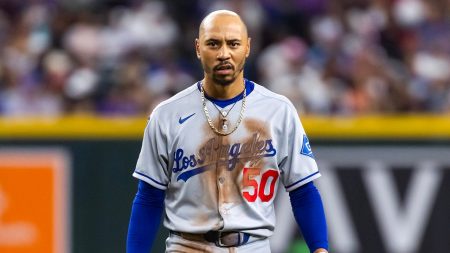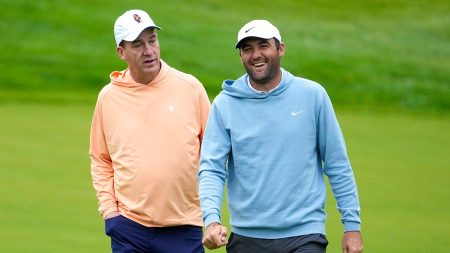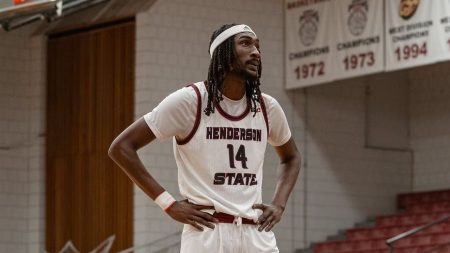Houston Texans linebacker Azeez Al-Shaair found himself in the spotlight following a controversial hit on Jacksonville Jaguars quarterback Trevor Lawrence during a game on Sunday. The incident occurred in the second quarter when Lawrence, attempting to slide to avoid a tackle, was struck in the head and neck area by Al-Shaair. This action not only sidelined Lawrence for the remainder of the game, as he was diagnosed with a concussion, but also ignited a post-play brawl. The ensuing chaos led to the ejections of both Al-Shaair and Jaguars cornerback Jarrian Jones, highlighting the heightened emotions that can surface during intense NFL matchups.
However, Al-Shaair’s actions during the game were not the only thing drawing public scrutiny. He also participated in the NFL’s My Cause My Cleats campaign, which allows players to showcase causes that resonate with them through their footwear. In line with his previous year’s choice, Al-Shaair opted to represent the Palestine Children’s Relief Fund, a nonprofit organization that provides medical care to Palestinian children lacking access to necessary services. His cleats featured messages that referred to the Palestinian flag and included a poignant quote reflecting on mortality. The other shoe bore a grim statistic regarding the casualties from the ongoing conflict in the region, exemplifying his stance on an issue that has sparked global debate.
The attention Al-Shaair received on social media regarding both his hit on Lawrence and, more significantly, his choice of cleats was intense and polarized. Critics flooded platforms with their opinions, scrutinizing not just his on-field actions but also his political statements represented through his footwear. Al-Shaair, attempting to articulate his viewpoint, explained that he believes the suffering of innocent individuals on both sides—Palestinians and Israelis—should not be overlooked and that every life lost is a tragedy. His comments underscored his intent to highlight a humanitarian issue rather than justify either side of the conflict.
In his explanations surrounding the cleats, Al-Shaair emphasized his belief in the fundamental unity of all human beings, regardless of race or religion. He expressed dismay about the dehumanization of individuals involved in the conflict, asserting that the basic principle of humanity should transcend divisions. As a Muslim, he feels particularly compelled to advocate for recognizing the dignity and suffering of all individuals affected by the violence, regardless of their background. His sentiments are reflective of a broader desire among athletes to leverage their platforms for social and humanitarian advocacy.
Al-Shaair’s involvement extends beyond the cleats campaign to his membership in the Athletes For Ceasefire movement. This organization, composed of various athletes, has directed a call to President Joe Biden for an immediate ceasefire in the ongoing conflict in Gaza, which escalated following the October 7 terrorist attacks by Hamas. Their collective statement expressed deep concern for the civilian toll in Gaza, particularly on children, as well as a desire for those humanitarian crises to be addressed with the same urgency and resources allocated within the United States.
In conclusion, Azeez Al-Shaair’s recent actions reflect a confluence of professional sports and passionate socio-political advocacy. The controversy arising from his hit on Trevor Lawrence and his decision to represent the Palestine Children’s Relief Fund with his cleats has drawn significant attention, stirring discussions about the role athletes can play in addressing global humanitarian issues. Al-Shaair’s firm stance on such matters demonstrates a growing trend among athletes who seek to address societal injustices, using their visibility in the sports world as a platform for change. However, this also exposes them to criticism and backlash, highlighting the challenges that come with intertwining professional endeavors with personal beliefs and activism in today’s highly charged political climate.




